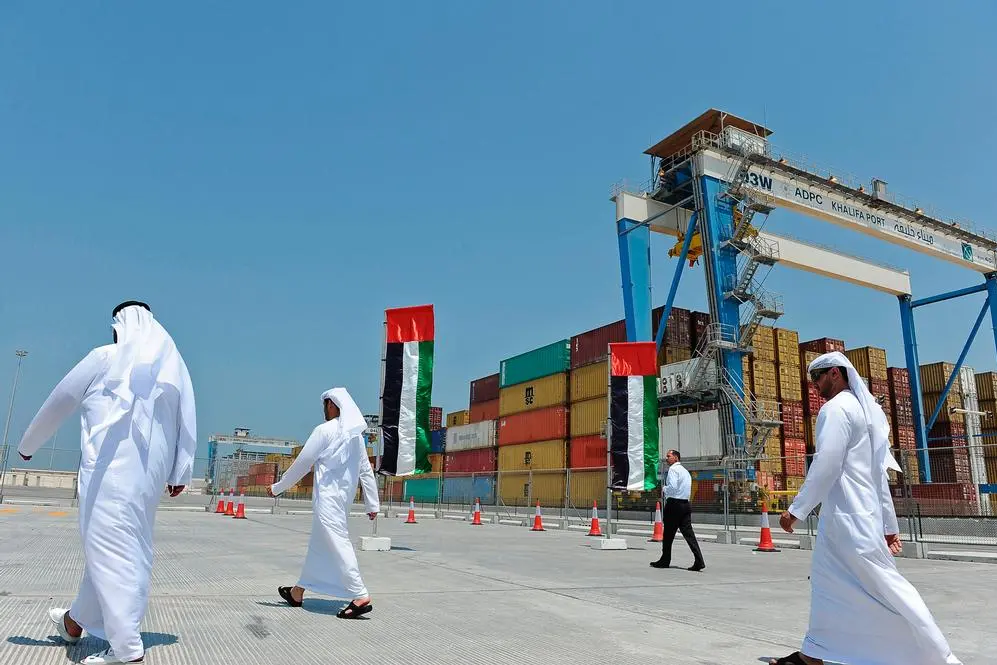PHOTO
By way of background, OW Bunker ("OWB") was a Danish company with subsidiaries around the world, including Dubai, and was the world's largest marine fuel (bunkers) company. On 7 November 2014, OWB declared insolvency amid fraud accusations and mounting debts.
In the ordinary course of business, shipowners/charterers contract with OWB and in turn OWB arranges the bunker supply with a supplier. The shipowner/charterer makes payments directly to OWB and in turn OWB pays the supplier. Suppliers issue a bunker delivery receipt ("BDR") which the master signs after bunker delivery.
UAE maritime law holds that documents signed by the master, including BDRs, constitute contracts on behalf of shipowners/charterers and would permit the supplier to arrest and claim against the shipowners/charterers. Shipowners/charterers correctly believe that, if they make payment to OWB, OWB may not pay the supplier, because of their liquidation. At the same time, paying the supplier directly may relieve the immediate threat of a ship arrest, but there exists a risk that, in the foreseeable future, OWB's liquidator may decide to demand for the same amounts from the shipowner/charterer.
An interpleader is a civil procedure that allows a party to initiate legal action in order to compel two or more other parties to litigate a dispute. An interpleader action originates when a party holds property on behalf of another, but does not know to whom the property should be transferred. In the OWB liquidation, interpleader actions, where the disputed amount was paid into court or escrow, avoided ship arrests pending determination of competing claims. Interpleader proceedings have been filed by shipowners/charterers in US Federal District Courts to resolve the OWB dilemma (see: OSG Ship Management, Inc. v. O.W. Bunker USA, Inc. et al (2014-CV-09973)). Unfortunately, interpleaders are not a function of the UAE legal system.
How can shipowners/charterers avoid double payment in the UAE?
Settlement Agreement
The first option is a settlement agreement with the supplier whereby the shipowners/charterers pays the supplier directly for the bunker supply. In exchange the supplier turns over the BDR to the shipowner/charterer and agrees to indemnify them. This will prevent the supplier from arresting the vessel under the BDR and, if in the future OWB's liquidator claims against the shipowners/charterers, the supplier will be required to indemnify them.
Declaratory Judgment
The second potential option is that the shipowners/charterers petition the court to issue a form of declaratory judgment invalidating either the contract with OWB or the BDR. The shipowners/charterers would petition the court to rule on the validity of the contract for bunker supply following the argument that there cannot be two contracts for the same contractual object.
Offer and Deposit
The third potential option is that the shipowners/charterers commence an "Offer and Deposit". Dubai Court of Cassation Case 301/2007 held that Offer and Deposit is where the obligor voluntarily satisfies what is owed to the obligee by depositing the obligation with the court and requests his liability discharged. This procedure has elements in common with an interpleader whereby the shipowners/charterers may include OWB and the supplier and deposit the amount in question with the court. The court would be requested to rule that the shipowner/charterer has discharged its liability with respect to the bunker supply.
There are at least two potential downsides to the above.
First, Dubai Court of Cassation Case 301/2007 held that the Court does not have jurisdiction over the matter if the contract between the parties contains an arbitration clause. The contract between OWB and the shipowners/charterers contains an arbitration clause and as such it is probable that the Court will refuse jurisdiction as a result.
Second, there is nothing preventing the supplier and/or OWB from arresting the vessel during an Offer and Deposit proceeding.
Joinder
If the vessel is arrested, the fourth potential option arises whereby, once security is submitted and the ship is released, the shipowner/charterer can file a 'joinder' application. Civil Procedures Law Article 94 provides that where the defendant has claims against a third party he may apply to join that party to the litigation.
Thus, after releasing the vessel, the shipowner/charterer should file a joinder to join OWB to the lawsuit requesting the court to determine to whom the shipowners/charterers should pay for the bunker supply; essentially a 'defensive interpleader'.
Conclusion
While no direct method of an interpleader proceeding under UAE law exists, there are several options whereby shipowners/charterers may avoid double payment for the same bunker supply. Having said that, there is little to no action shipowners/charterers may take to avoid a ship arrest. Therefore, it would be beneficial to have interpleaders available under UAE procedural law, where a party is able to discharge its obligations and avoid ship arrests.
This article, including any advice, commentary or recommendation herein, is provided on a complimentary basis without consideration of any specific objectives, circumstances or facts. It reflects the views of the writer which may, in some cases, differ from those of the firm, especially in the developing jurisdiction of the UAE.© Hadef & Partners 2015





















